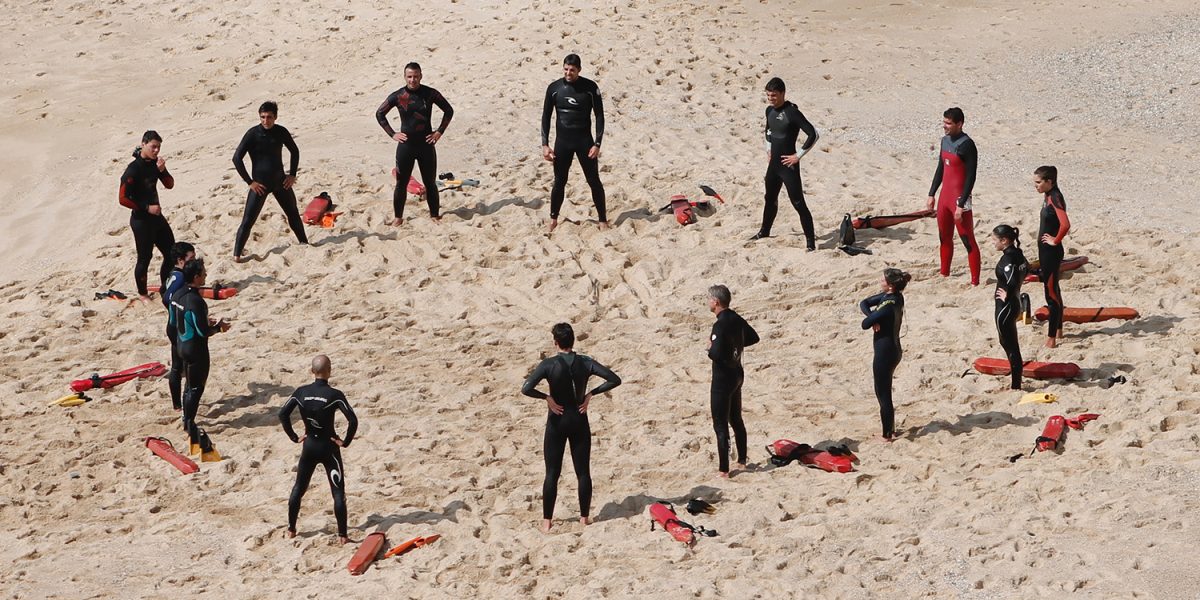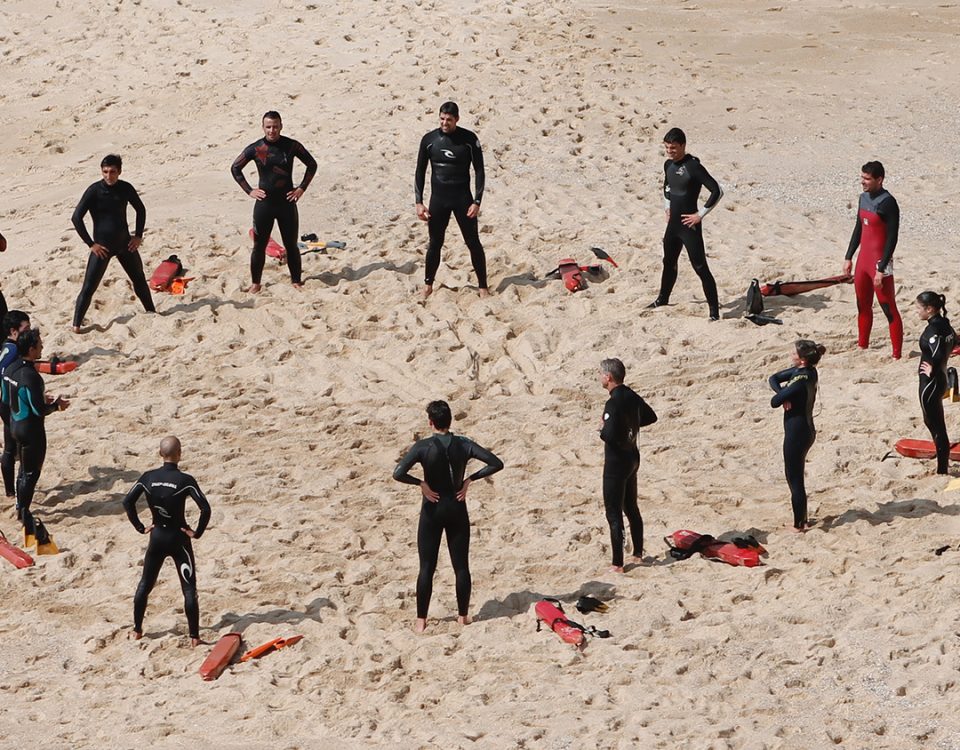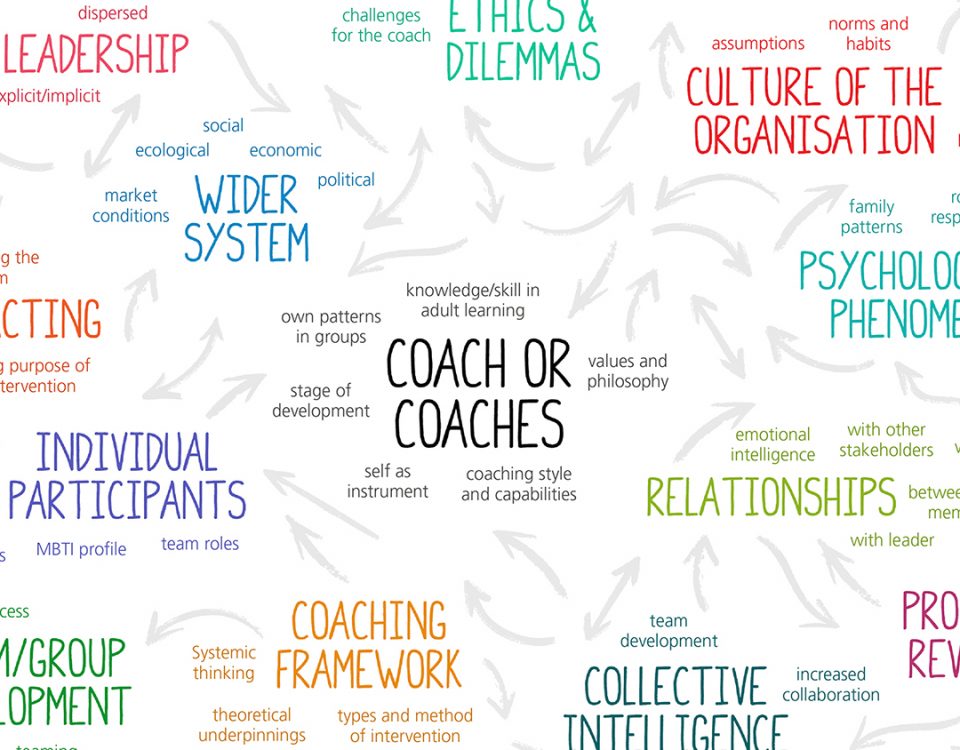
The lifeboat of technology in our strange new world
17th March 2020
What is happening for us? (video)
12th May 2020Updated reading resources for team coaching and supervision

Since posting this reading list on 9 February, I’ve been considering more books related to team coaching and supervision, which are now included in the updated list below. In the current climate of coronavirus crisis, a reading list might not seem hugely significant. But I’m posting it because some of us may now have more time to read during this unprecedented period.
I’m really pleased to be posting a reading list I’ve been developing for group facilitators, team coaches, and coaching supervisors. The list explores the multiple lenses we need as we work to understand and develop the extensive, transdisciplinary practice of team coaching. It encompasses groups and teams, the psychodynamics of relationship, facilitation, leadership, group dynamics, team development, and much more. It opens up the many different avenues of enquiry which have informed how I have developed my own practice.
Find the list here:
Resources for group facilitation and supervision, team coaching and team coaching supervision
I know that some practitioners are tentative about looking at a reading list, but I think that is often an issue of learning style. As an experiential learner myself, I would prefer to get the experience and then check out the reference, rather than reading a book and then applying it to my practice. It’s a learning preference, rather than an either/or, and reading lists can be useful however you prefer to learn.
Team coaching is a rapidly growing field of interest, especially in organisations which have come to see the value of working with teams in developing their senior leaders. For an executive coach, it’s not a simple transition to go from one-to-one to team coaching, for all the reasons I’ve written about in my paper, ‘Mapping the dynamics of team coaching’. Follow the link below to read it.
What has excited me in reading or referring to the books in the reading list, is the sense that we are each and all contributing to the growing body of knowledge about group work and team coaching. It’s a hybrid practice that we are all still learning about. Practising in this field, and reading about what others have experienced and discovered helps us gain clarity, because there is no one model of team coaching yet that really captures the complexity of the process. I imagine that this list may continue to evolve as the literature around team coaching and supervision expands.
Photo by Margarida CSilva on Unsplash




